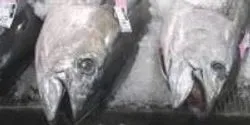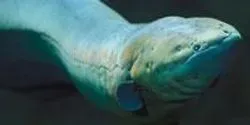marine research

After the worst coral bleaching event ever recorded in Hawai'i, University of Hawai'i scientists and researchers with the Hawai'i Institute of Marine Biology (HIMB) are diligently monitoring and testing affected coral reefs in Kane'ohe Bay, along with other areas on O'ahu, and parts of the Northwestern Hawaiian islands.

The University of Delaware’s Mark Moline knew that his grandfather, O. Karl Olander, was a Navy chaplain in the Pacific during World War II. But it wasn’t until his mother shared his grandfather’s journal and scrapbook that Moline realized his grandfather had been on the USS Princeton, one of the aircraft carriers that attacked Palau in March 1944.

Understanding how viruses attack giant algal blooms may help us understand their role in fixing global carbon.

Alcohol consumption isn’t the only thing a breath analysis can reveal. Scientists have been studying its possible use for diagnosing a wide range of conditions in humans — and now in the beloved bottlenose dolphin. In a report in the American Chemical Society (ACS) journal Analytical Chemistry, one team describes a new instrument that can analyze the metabolites in breath from dolphins, which have been dying in alarming numbers along the Atlantic coast this year.

New questions about geology, oceanography and seafloor ecosystems are being raised because of research by a Mississippi State University geologist.

University of Tennessee, Knoxville, research finds life can persist in a cold, dark world.













